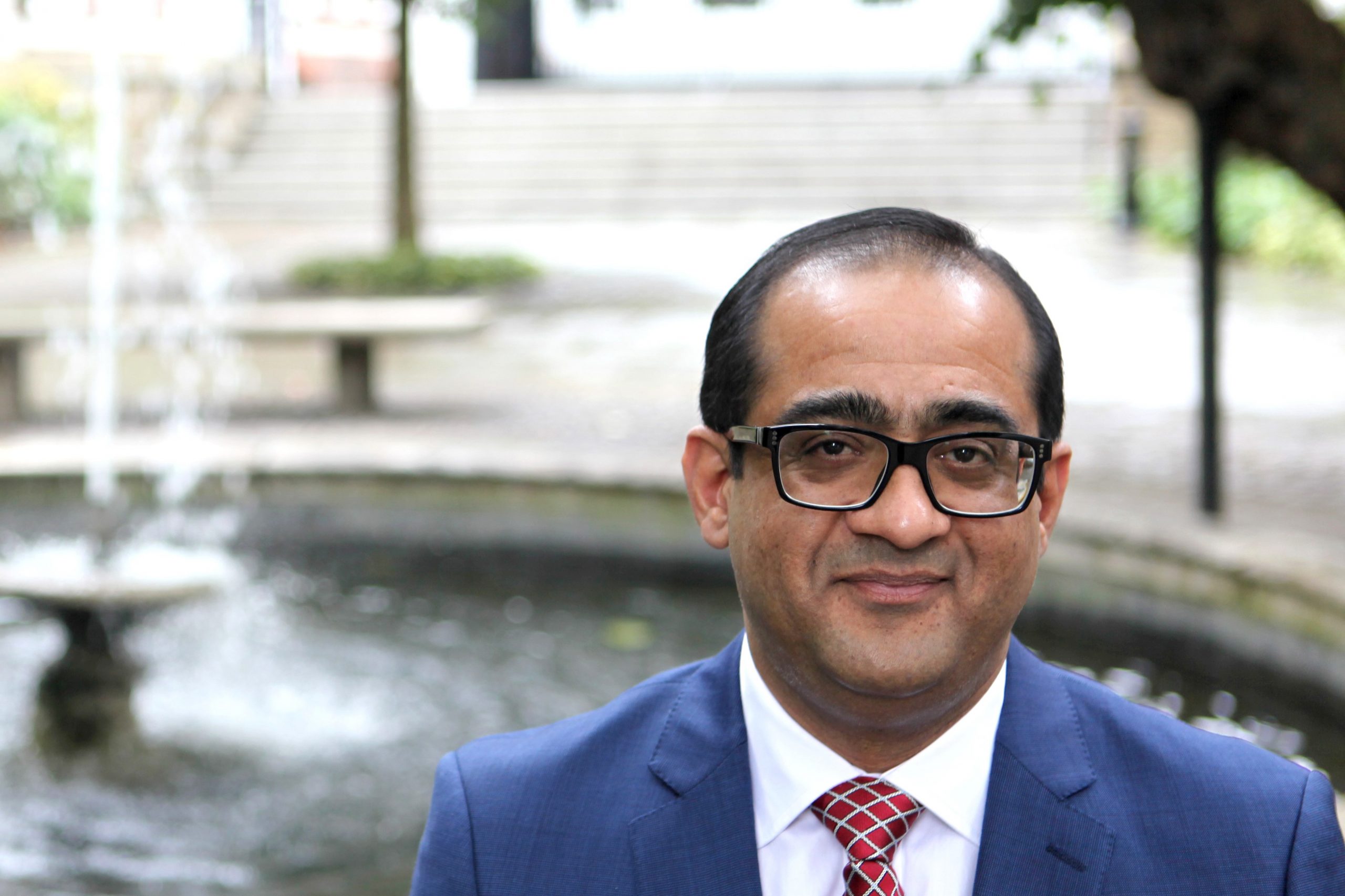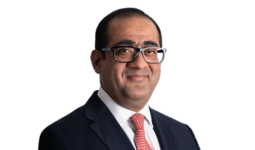
The Supreme Court of India has recently laid down the law with respect to activities that would constitute an ‘unfair trade practice’ in the context of televised game-shows. While doing so, the Supreme Court reversed the decision of the National Consumer Disputes Redressal Commission that impacted several game shows such as, ‘Kaun Banega Crorepati’, which is the Indian adaptation of the popular British game-show, ‘Who Wants to be a Millionaire’.
Gaurav Pachnanda, Senior Advocate (Door Tenant at Fountain Court Chambers) acted for Star India (P) Ltd. and was instructed by Ms. Ruby Singh Ahuja, Senior Partner of Karanjawala & Co.
The main allegation against the TV-Channel, Star India and the telecom service provider, Bharti Airtel Limited, was that they had created a false impression in the mind of the participants of the game-show that their participation in ‘Har Seat Hot Seat’ (a contest which was a part of ‘Kaun Banega Crorepati’ game-show), through phone calls and text messages, was free of cost. It was alleged that the prize money was in fact being generated by Bharti Airtel from the increased tariff of phone calls made and text messages sent for participation in this contest. It was an undisputed position of all the parties before the Supreme Court that Bharti Airtel was charging a higher amount for phone calls made and text messages sent for participation in this contest.
The Supreme Court agreed with Star India’s submission that there must be a ‘direct linkage’ between the prize money and the increased tariff charged by Bharti Airtel, in order to conclude that the prize money was deceptively recovered from the participants through the increased tariff.
The Supreme Court held that since Bharti Airtel was under a contractual obligation to pay an agreed sponsorship amount to Star India, independent of any revenue generated from phone calls made and text messages sent for participation in this contest, the sponsorship arrangement was part of ordinary business dealings between Star India and Bharti Airtel. Further, the increased tariff being charged by Bharti Airtel for phone calls made and text messages sent for participation in this contest for such value added services was permissible under the Indian regulatory regime. As a matter of fact, Bharti Airtel had notified the participants in advance about the increased tariff for use of these services.
The Supreme Court, therefore, held that this arrangement does not constitute an ‘unfair trade practice’ at all.
A copy of the judgement can be accessed here.



